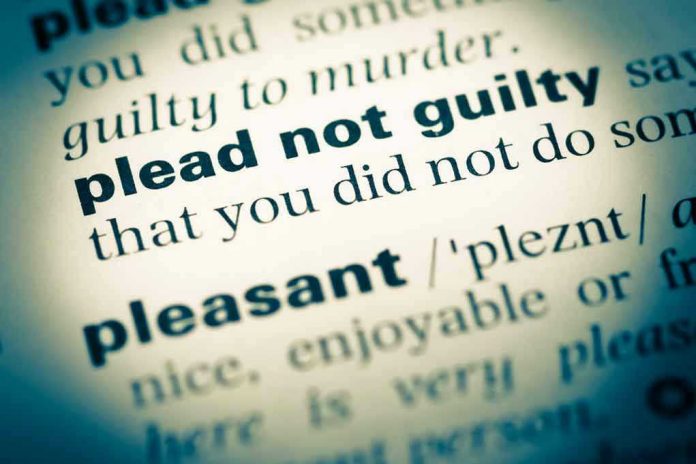
The high-stakes legal battle between James Comey and the federal government raises questions about political interference in the justice system.
Story Overview
- James Comey seeks dismissal of federal charges, claiming vindictive prosecution.
- Comey argues the prosecutor’s appointment was unlawful.
- President Trump’s public criticisms cited as evidence of animus.
- Case could set precedents for political influence in legal processes.
Comey’s Legal Maneuvering
James Comey, the former FBI Director, has filed motions to dismiss federal charges against him, alleging that the case is driven by political vindictiveness. His legal team argues that President Trump’s public statements serve as clear evidence of animus, influencing the prosecution. Additionally, Comey’s team contends that the prosecutor’s appointment was unlawful, further undermining the legitimacy of the charges. These moves represent Comey’s attempt to not only defend himself but also challenge the perceived political motivations behind the case.
The backdrop of these legal proceedings is the tumultuous relationship between Comey and Trump, rooted in events during Comey’s tenure as FBI Director. The firing of Comey in 2017, after his controversial handling of the Clinton email investigation and the Russia inquiry, marked a significant escalation in their conflict. Trump’s consistent calls for Comey’s prosecution, amplified through public and social media channels, are now central to Comey’s legal defense, painting a picture of a politically charged vendetta.
Legal and Political Dynamics
This case unfolds amidst a broader debate over the independence of the judiciary and the potential for political interference in legal matters. The Department of Justice, tasked with prosecuting the case, must navigate these turbulent waters, balancing legal protocols with political scrutiny. The stakes are high, as the outcome could set important legal precedents regarding the separation of political influence from legal processes.
In the courtroom, Comey’s legal team has submitted extensive filings to support their claims of vindictive prosecution and unlawful appointment. These documents meticulously detail instances of Trump’s public criticisms, presenting a narrative of targeted persecution. Legal experts and scholars are closely watching the proceedings, viewing the case as a critical test of the judiciary’s ability to withstand external pressures and uphold the rule of law.
Potential Implications and Repercussions
The implications of this case are far-reaching, with potential impacts on legal precedents, political discourse, and public perceptions of the justice system. A ruling in favor of Comey could reinforce the judiciary’s independence, setting a protective barrier against political interference. Conversely, should the charges stand, it may embolden future administrations to exert influence over legal proceedings, further polarizing an already divided political landscape.
Beyond the courtroom, the case is a focal point in ongoing discussions about political polarization and the role of law enforcement in democratic governance. It underscores the challenges legal institutions face in maintaining impartiality amidst politically charged atmospheres. The outcome will resonate not only with the parties directly involved but also across the broader legal and political communities, shaping future debates on the independence of legal institutions.




